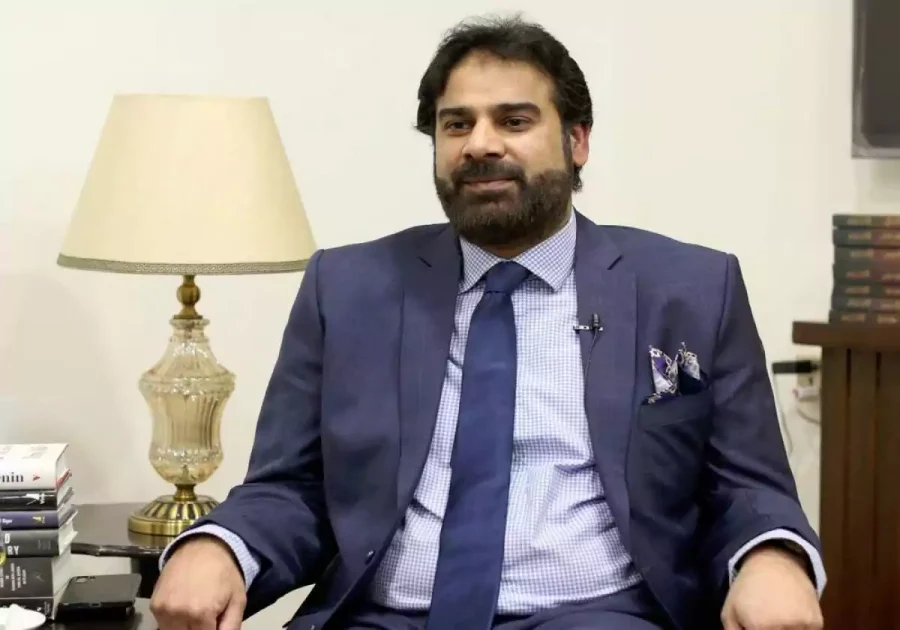Coordinator to Minister of State and Federal Tax Ombudsman, Meher Kashif Younis Sunday said the future economic prospects of Pakistan look promising but their actual realisation would depend on successful integration into the global economy, sound macro-economic policies and close coordination between academia, industrialists and policymakers at all levels in addition to political stability and good governance.
Speaking here at a workshop on “ Impact of Tripartite Collaboration for Economic Growth”, he said under a constellation of these favourable conditions, it would be possible to add 2 to 2.5 percent points to the current trend growth rate whereby per-capita income would double in next decade.
Meher said Pakistan’s future direction should focus on analytically examining the issue by bringing together government policy, industries and academia, co-evolving socio-economic systems and focusing on industries core role in the development process.
The Coordinator said Pakistan’s geographic location has not been cashed effectively for intra-regional trade and investment, to realise its future potential, Pakistan must position itself for integration into the regional and global economy, benefit from its youth population and advance technology.
He said studies suggest that universities and industries can promote long term growth with political support in a large population to counter political pressure that limit the state’s ability to organise development.
Meher Kashif said global hyper connectivity is causing a surge in the technological innovation which is not exogenous to the socio-economic system,innovation emerges from an evolutionary synthesis of strategy,technology and management which organisations can build and valorize.
He said policy making is a complex process involving variables and the power to make decisions lies in mobilizing people,procedures and resources to achieve the desired results.
The governments worldwide are implementing policies to boost innovation, generate new technologies and foster advanced industries and these interventions can have both positive and negative impacts particularly in the global economy, he observed. He said during the recent crisis and globalisation restructuring and socio economic disciplines are shifting their focus from traditional economic geography and regional development to studying local dynamics as this approach can synthesise individual spatial levels into global perspectives.
Today, this paradigmatic change appears in the “Fourth Industrial Revolution” thematic which has also been adopted quickly by formal international institutions like World Economic Forum, he concluded.—APP









